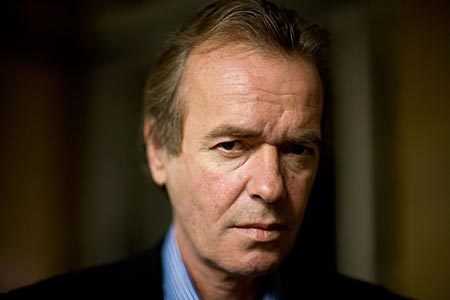
2011
First Published
4.12
Average Rating
344
Number of Pages
Over the past few decades, the bestselling author of Hitch-22 has crisscrossed the globe debating religious scholars, Catholic clergy, rabbis, and devout Christians on the existence of God—appearances that have attracted thousands of people on both sides of the issue. He has been invited to talk shows and events to discuss everything from the death of Jerry Falwell to the sainthood of Mother Teresa, from U.S. policy in the Middle East to the dangers of religious fundamentalism and beyond. And he is always armed with pithy discourse that is as intelligent as it is quotable.The Quotable Hitchens gathers for the first time the eminent journalist, public intellectual, and all-around provocateur Christopher Hitchen's most scathing, inflammatory, hilarious, and clear-cut commentary from the course of his storied career. Drawn from his many TV appearances, debates, lectures, interviews, articles, and books, the quotations are arranged alphabetically by subject—from atheism and alcoholism to George Orwell and Bertrand Russell, from Islamofascism and Iraq to smoking and sex—and perfectly capture the wit and range of "intellectual willing to show his teeth in the case of righteousness."
Avg Rating
4.12
Number of Ratings
1,056
5 STARS
43%
4 STARS
33%
3 STARS
20%
2 STARS
3%
1 STARS
2%
goodreads
Author

Martin Amis
Author · 30 books
Martin Amis was an English novelist, essayist, and short story writer. His works included the novels Money, London Fields and The Information. The Guardian writes that "all his critics have noted what Kingsley Amis [his father] complained of as a 'terrible compulsive vividness in his style... that constant demonstrating of his command of English'; and it's true that the Amis-ness of Amis will be recognisable in any piece before he reaches his first full stop." Amis' raw material is what he sees as the absurdity of the postmodern condition with its grotesque caricatures. He has thus sometimes been portrayed as the undisputed master of what the New York Times has called "the new unpleasantness."